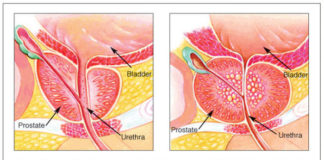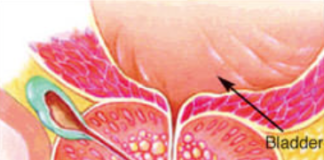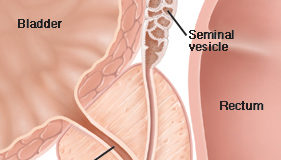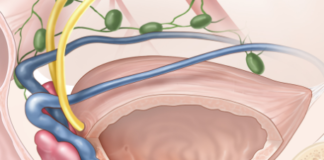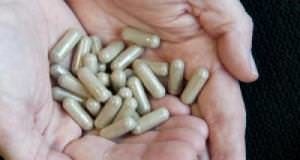Popular Prostate Drug Linked to Serious Side Effects in New Study
Treatment of benign prostatic hyperplasia (BPH) with the commonly prescribed Avodart (Dutsteride) may put men at an increased risk for diabetes, elevated cholesterol levels,...
Testosterone Promotes Prostate Cancer in Rat Study
A researcher who found that testosterone raised the risk of prostate tumors and exacerbated the effects of carcinogenic chemical exposure in rats is urging...
Sleep Problems May Increase Risk for Prostate Cancer
Men who reported sleep problems, including difficulty falling asleep and staying asleep, had up to a two-fold increased risk for prostate cancer, according to...
Elevated Melatonin Levels Shown to Reduce Advanced Prostate Cancer Risk by...
Higher levels of melatonin, a hormone involved in the sleep-wake cycle, may suggest decreased risk for developing advanced prostate cancer, according to results presented...
Low-Grade Prostate Cancers May Not Become Aggressive With Time
Prostate cancer aggressiveness may be established when the tumor is formed and not alter with time, according to a study published in Cancer Research, a...
Task force: PSA Tests Do More Harm Than Good
The United States Preventive Services Task Force issued their final recommendation on the PSA prostate cancer-screening test Monday, recommending against routine PSA exams for men of any age. The task force says the PSA exam and additional treatments that may follow, like radiation and surgery, result in far more harm than benefit.
Task Force Recommends Against PSA-Based Screening For Prostate Cancer
Following a period for public comment, the United States Preventive Services Task Force (USPSTF) released its final recommendation for prostate cancer screening. The Task Force now recommends against PSA-based screening for all men, regardless of age. The final recommendations are being published early online in the May 22 issue of Annals of Internal Medicine, the flagship journal of the American College of Physicians (ACP).
Heart Disease May Be A Risk Factor For Prostate Cancer
In a large analysis of men participating in a prostate drug trial, researchers at the Duke Cancer Institute found a significant correlation between coronary artery disease and prostate cancer, suggesting the two conditions may have shared causes.
Study Shows Increased Prostate Cancer Risk From Vitamin E Supplements
Men who took 400 international units (I.U.) of vitamin E daily had more prostate cancers compared to men who took a placebo, according to an updated review of data from the Selenium and Vitamin E Cancer Prevention Trial (SELECT). The findings showed that, per 1,000 men, there were 76 prostate cancers in men who took only vitamin E supplements, vs. 65 in men on placebo over a seven-year period, or 11 more cases of prostate cancer per 1,000 men.
Saw Palmetto No Benefit As Prostate Remedy
The fruit of the saw palmetto tree does not relieve symptoms of an enlarged prostate, even when men take the herbal supplement in very high doses, a new study shows. Many older U.S. men take saw palmetto extract in an attempt to reduce bothersome symptoms of a swollen prostate, including frequent urination and a sense of urgency.
New Urine Test Shows Prostate Cancer Risk; Test For Gene Fusion...
A new urine test can help aid early detection of and treatment decisions about prostate cancer, a study from the University of Michigan Comprehensive Cancer Center and the Michigan Center for Translational Pathology finds.
Seven In One Blow: Scientists Discover DNA Regions Influencing Prostate Cancer...
Doctors have known for a long time that prostate cancer "runs in the family." Men with relatives who have been diagnosed with prostate cancer have an elevated risk of also developing this type of cancer. It was only last year that DKFZ scientists calculated that this risk rises with the number of affected direct family members and also depends on the relatives' age at outbreak of the disease.











